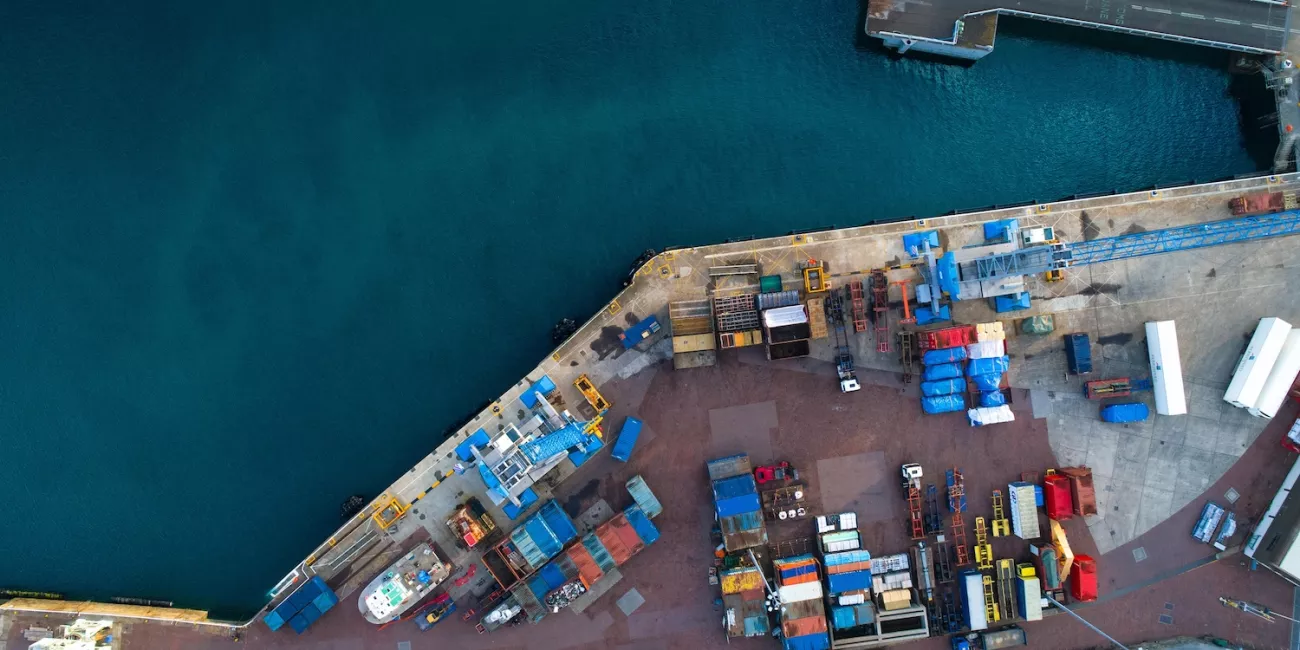The Chaotic World of US Economic Sanctions in 2018
A Summary of the Main Changes and Key Takeaways

Economic sanctions turbulence continued virtually unabated in 2018 and into early 2019, making work for the sanctions experts both in and out of the US government.
During its second year, the Trump administration:
- Made good on key campaign threats on Iran by withdrawing the United States from the Joint Comprehensive Plan of Action (JCPOA), also commonly known as the “Iran Nuclear Deal”;
- Implemented key elements of the Countering America’s Adversaries Through Sanctions Act of 2017 (CAATSA)1 and Chemical and Biological Weapons Control and Warfare Elimination Act of 1991 (CBW Act)2 sanctions on Russia and CAATSA sanctons on North Korea (notwithstanding the June summit in Singapore between President Trump and North Korean leader Kim Jong-un);
- Expanded sanctions on Venezuela to capture the petro (the recently launched cryptocurrency developed by the government of Venezuela, discussed in more detail below), made the Venezuelan First Lady a “Specially Designated National” (SDN), and targeted rampant corruption, including the designation of Venezuela’s state-owned oil company;
- Issued a new executive order (EO) targeting the regime of Nicaragua’s president and its supporters;
- Continued to expand sanctions in the areas of cybersecurity, election meddling, and Global Magnitsky sanctions; and
- Targeted Syria and the Iran-Russia oil network.Each of these developments is discussed in the sections that follow.
Sanctions on major Russian companies such as aluminum producer United Company RUSAL PLC (RUSAL) and EN+ Group plc (EN+)—both owned by Oleg Deripaska—and vehicle manufacturer GAZ Group (GAZ) produced widespread market chaos, causing OFAC to issue wind-down and “maintenance” general licenses. After the U.S. exit from the JCPOA, some European companies announced they would exit the Iran market notwithstanding the EU blocking statute and regulation and a special payment mechanism to avoid USD payments and US jurisdiction.
In short, the Sturm und Drang of 2017 only intensified in 2018 as the Trump administration, like the Obama administration before it, perceived economic sanctions to be an effective alternative pressure point to military action. This article summarizes the main economic sanctions of 2018 and early 2019 and provides key takeaways for each category of sanctions.
This article was originally published in PLI Current: The Journal of PLI Press, Vol . 3, No. 4 (Winter 2019), www.pli.edu/PLICurrent.
Contacts
- Related Practices
- International
